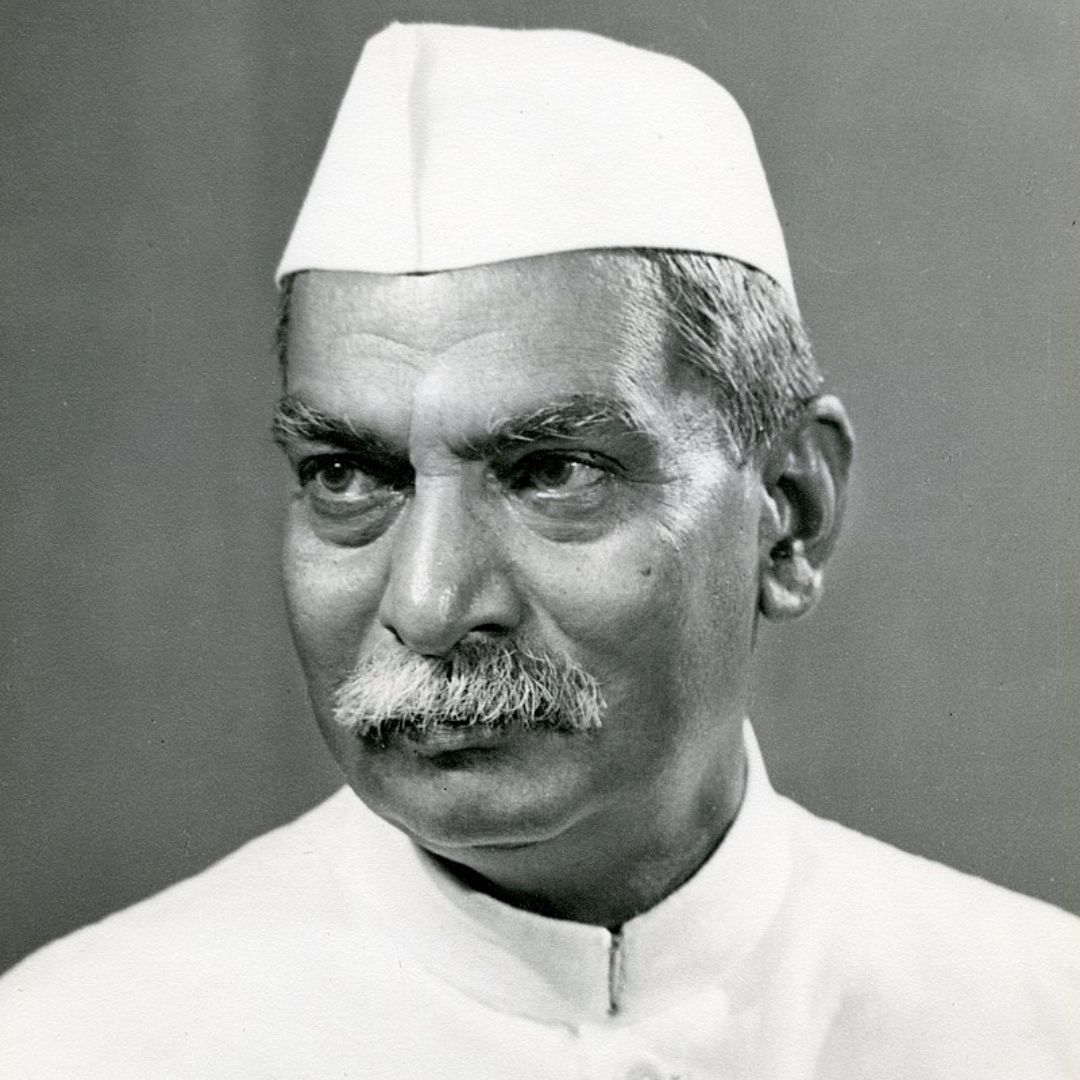
Image Credits: Wikipedia
Remembering Dr Rajendra Prasad— A Reformer, Educator, And Man Of Humility
Writer: Tashafi Nazir
For most people, journalism sounds hectic and chaotic. For her, it's a passion she has been chasing for years. With an extensive media background, Tashafi believes in putting efforts on presenting a simple incident in the most interesting way.
India, 3 Dec 2021 7:54 AM GMT
Editor : Palak Agrawal |
Palak a journalism graduate believes in simplifying the complicated and writing about the extraordinary lives of ordinary people. She calls herself a " hodophile" or in layman words- a person who loves to travel.
Creatives : Tashafi Nazir
For most people, journalism sounds hectic and chaotic. For her, it's a passion she has been chasing for years. With an extensive media background, Tashafi believes in putting efforts on presenting a simple incident in the most interesting way.
Rajendra Prasad was born on December 3, 1884, in a small village in Bihar's Chhapra district. During his lifetime, Prasad revolutionized the education system while leading the fight against Britishers. On January 26, 1950, the Constitution of independent India was ratified and Prasad was elected the country's first President.
Looking at the answer sheet of a student, an examiner once said, "The examinee is better than the examiner."
The student was none other than Dr Rajendra Prasad, the first President of independent India who was academically brilliant. Years later, there is hardly any student of Bihar, the native state of Prasad, who doesn't get to hear either at home or school that he should study like Rajendra Babu.
People of his era vouch for his sharp memory power and say that he could recall each and every incident of his life effortlessly. He is believed to have written his 1,900-page biography spontaneously as if the events occurred a day before, according to PIB.
Educator And Lawyer
Rajendra Prasad was born on December 3, 1884, in the small village Ziradei in Bihar's Chhapra district. He decided to focus on arts and did his M.A. in Economics from the University of Calcutta in December 1907. A devoted student and a public activist, he was an active member of The Dawn Society.
Due to his duty towards his family and education, he refused to join the Servants of India Society. During this time, his mother had died and his sister had lost her husband at the age of 19 and had to return to her parents' home. Prasad was instrumental in forming the Bihari Students Conference in 1906 in the hall of Patna College. It was the first organisation in India and produced influential leaders from Bihar like Anugrah Narayan Sinha and Krishna Singh, who played a significant role in the Champaran Movement and Non-cooperation Movement.
After completing his MA in Economics, he became a professor of English at the Langat Singh College of Muzaffarpur in Bihar and later principal. However, he left the college to undertake legal studies and entered Ripon College, Calcutta. In 1909, while pursuing his law studies in Kolkata, he worked as a Professor of Economics at Calcutta City College, according to available data.
In 1915, Prasad appeared for Masters in Law exam from the Department of Law, University of Calcutta, passed the test, and bagged a gold medal. He completed his Doctorate in Law from Allahabad University. In 1916, he joined the High Court of Bihar and Odisha.
Role In Freedom Struggle
Social reformer Gopal Krishna Gokhale's ideas deeply impacted him which prompted him to join India's freedom struggle. When Mahatma Gandhi started the 'Salt Satyagraha', Prasad also joined it and other Satyagrahis and later actively participated in the 'Quit India Movement'.
He also responded to the call by Gandhi to boycott Western educational establishments by asking his son, Mrityunjaya Prasad, to drop out of his studies and get admission in Bihar Vidyapeeth, an institution on the traditional Indian model.
As President
On January 26, 1950, two and a half years after independence, the Constitution of independent India was ratified and Prasad was elected the country's first President.
When the country became independent in 1947, a constituent assembly was formed to draft the Constitution for India, and Rajendra Prasad was made its President. He was re-elected for two consecutive terms in 1952 and 1957 and is the only President of the country to achieve this feat.
On May 11, 1951, Prasad attended the program of Somnath temple, which was invaded several times in the past but was inaugurated after the reconstruction.
After serving twelve years as the President of India, he announced his decision to retire in 1962. He returned to Patna and preferred to stay on the campus of Bihar Vidyapeeth. In the same year, he was awarded the Bharat Ratna, the nation's highest civilian award.
Also Read: Union Home Ministry Sets Up Taskforce To Prevent Suicides By Central Armed Police Forces Troops
 All section
All section














